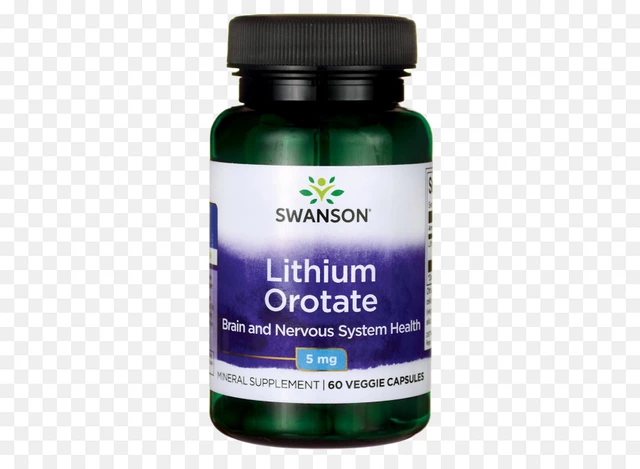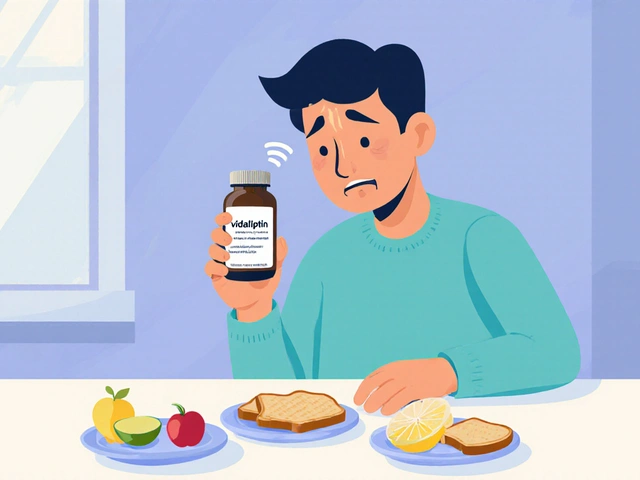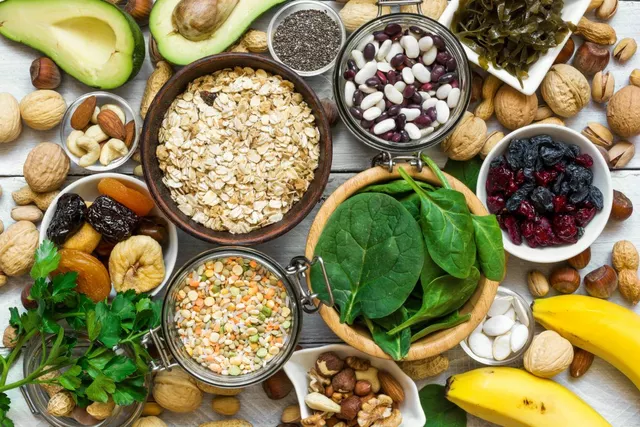 27
Jun,2023
27
Jun,2023
Unmasking the Black Raspberry
Just when we thought we knew all there is to know about the raspberry family, here comes another powerhouse, the black raspberry! Their dark, deep color is a testament to their rich nutritional profile. Unlike their red counterparts, black raspberries are native to North America, specifically the central United States. While they may look similar to blackberries, they are a different fruit entirely. And their taste? Just as delightful!
The Nutritional Powerhouse in Black Raspberries
Black raspberries are more than just a delightful addition to your fruit salad. They are a nutritional powerhouse, loaded with vitamins, minerals, and antioxidants. They are an excellent source of Vitamin C, which is crucial for skin health and immunity. They also provide a good amount of fiber, keeping your digestive system happy. But what makes them stand out is their high antioxidant content, specifically anthocyanins, which give them their dark color. These antioxidants fight off harmful free radicals, protecting our bodies from numerous diseases.
Black Raspberries: The Cancer-Fighting Superfruit
Perhaps the most impressive benefit of black raspberries is their potential to fight cancer. Preliminary studies show that the anthocyanins in these berries may inhibit the growth of certain types of cancer cells, including those of the breast, colon, and esophagus. While more research needs to be done, these findings are promising and suggest that incorporating black raspberries into our diet can be a beneficial step towards cancer prevention.
Heart Health and Black Raspberries
But the benefits don't stop there. Black raspberries may also contribute to heart health. Their high fiber content can help lower cholesterol levels, while their antioxidants may help prevent plaque buildup in the arteries. Furthermore, they contain potassium, a mineral that helps regulate blood pressure. So not only are they a delicious treat, but they're also a heart-friendly one!
Black Raspberries and Eye Health
Did you know that black raspberries can also support your eye health? They contain lutein and zeaxanthin, two antioxidants that are known for protecting the eyes. These substances can potentially prevent age-related macular degeneration and cataracts. So if you're looking for a tasty way to keep your eyes in good shape, black raspberries might be the answer.
Adding Black Raspberries to Your Diet
Incorporating black raspberries into your diet is as simple as it is delicious. You can enjoy them fresh, add them to your smoothies, or use them in your desserts. If fresh black raspberries are hard to find, don't worry. Black raspberry supplements, usually in the form of capsules or powder, are widely available and provide the same amazing benefits. Just make sure to choose a supplement that is made from high-quality, pure black raspberry extract.






These berries are just a fad, America’s own fruits are way better.
Black raspberry emerges as an organism of unparalleled phytochemical complexity. Its anthocyanin concentration surpasses that of most common berries known to the western palate. The intricate balance of vitamins and minerals in this fruit signifies a evolutionary triumph. One may observe that the hue of the fruit mirrors its antioxidant potency. Scholars have devoted countless hours to dissecting its molecular architecture. The literature repeatedly emphasizes its potential role in oncological prophylaxis. Equally noteworthy is its contribution to cardiovascular equilibrium. The fiber content alone warrants its inclusion in any rigorous dietary regimen. Moreover the presence of lutein and zeaxanthin positions it as a defender of ocular integrity. The synergy of potassium and vitamin C further stabilizes blood pressure regulation. Consumption of this fruit whether fresh or encapsulated aligns with contemporary nutraceutical trends. Critics who dismiss its value often neglect the depth of empirical evidence. A discerning palate will appreciate both the gustatory and therapeutic dimensions. In culinary applications the berry imparts a subtle tartness that complements diverse cuisines. Ultimately the black raspberry stands as a testament to nature’s capacity for holistic nourishment.
It is incumbent upon us to scrutinize dietary claims with rigorous scientific methodology. The purported antioxidant capacity of black raspberry must be evaluated against controlled clinical data. Allegations of cancer prevention, while enticing, require peer‑reviewed evidence before widespread endorsement. Moreover, the ethical implications of marketing supplements without substantiation cannot be ignored. Consumers deserve transparent information, not sensationalist rhetoric. In the realm of public health, prudence must prevail over hype.
Sure but you’ve missed the point entirely!!!!!
While drones of optimism buzz about black raspberry, I must declare that the hype eclipses reality, unlike the quiet humility of lesser berries.
I think nature offers us clues, and this fruit is a reminder to stay curious.
Great points everyone, let’s keep sharing info 😊
It would appear that the discussion has benefited from the various contributions presented herein.
Yo the bioactive matrix of that berry is basically a synergistic cocktail of polyphenols that can modulate metabolic pathways, but the supplement market is still saturated with low‑grade extracts.